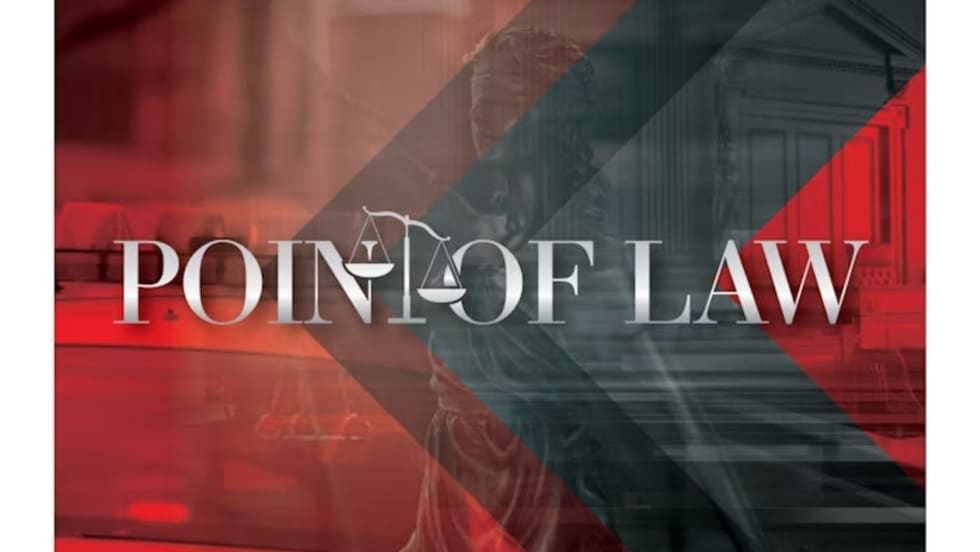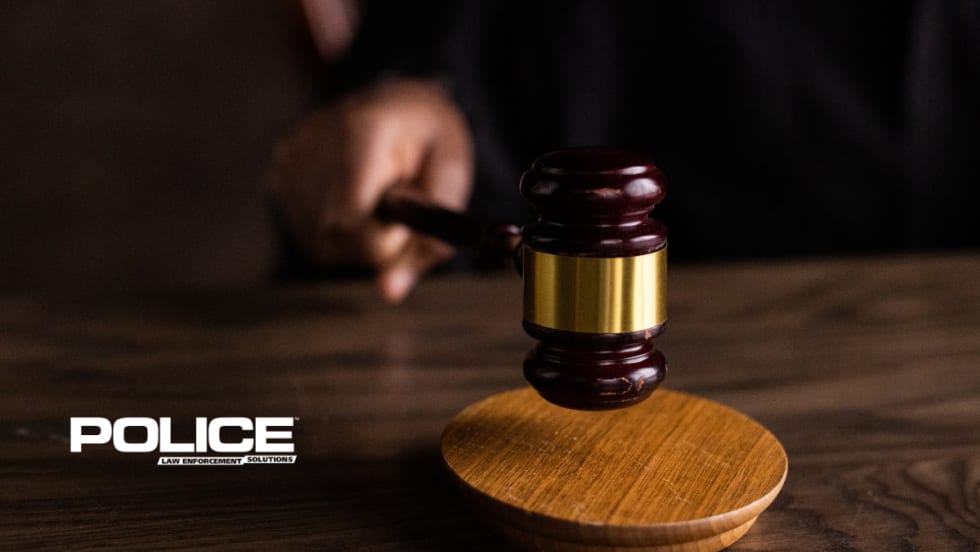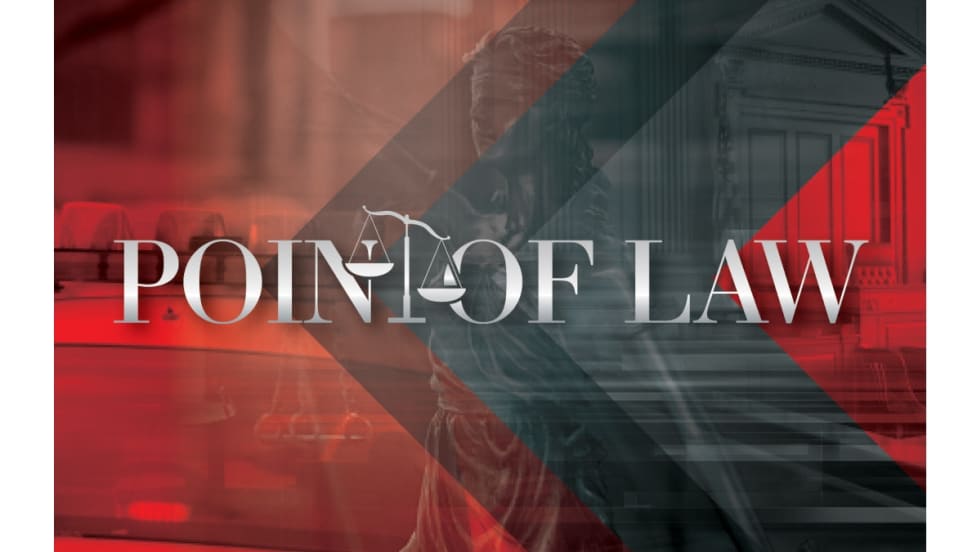Attorney General Merrick Garland on Monday unveiled new rules governing federal monitors responsible for overseeing police reforms in local jurisdictions, including setting limits on the watchdogs’ tenure and budgets and requiring them to undergo more training.
Garland announced the changes during an online speech to the International Association of Chiefs of Police, culminating a four-month Justice Department review aimed at bolstering public confidence in federal efforts to reform law enforcement, the Washington Post reports.
Since he was appointed to the nation’s top law enforcement job by President Biden earlier this year, Garland — a former federal appeals-court judge and Supreme Court nominee — has launched sweeping “pattern or practice” investigations of police departments in Minneapolis, Louisville and Phoenix.
Such probes can result in federal intervention, in the form of a court-approved consent decree that sets a detailed reform plan. Local political leaders, police chiefs and law enforcement unions have complained that the plans often stretch on years longer than anticipated, harming police morale and frustrating community residents.
Monitoring teams — usually composed of former police officials, lawyers, academics and police-reform consultants — have typically billed local taxpayers between $1 million and $2 million per year. Some consultants have served on federal oversight teams in more than one city at the same time, drawing criticism over conflicts of interest.
The Department of Justice said in a press release:
“The department has found that – while consent decrees and monitorships are important tools to increase transparency and accountability – the department can and should do more to improve their efficiency and efficacy,” said Attorney General Garland. “The Associate Attorney General (Vanita Gupta) has recommended – and I have accepted – a set of 19 actions that the department will take to address those concerns.”
“Consent decrees have proven to be vital tools in upholding the rule of law and promoting transformational change in the state and local governmental entities where they are used,” said Associate Attorney General Gupta. “The department must do everything it can to guarantee that they remain so by working to ensure that the monitors who help implement these decrees do so efficiently, consistently and with meaningful input and participation from the communities they serve.”
The 19 actions in the memo will ensure that any future monitorships of state and local governmental meet five principals outlined in Associate Attorney General Gupta’s memo:
Monitorships should be designed to minimize cost to jurisdictions and avoid any appearance of a conflict of interest.
Monitors must be accountable to the court, the parties and the public.
Monitors should assess compliance consistently across jurisdictions.
Sustained, meaningful engagement with the community is critical to the success of the monitorship.
Monitoring must be structured to efficiently move jurisdictions into compliance.
The steps the department will take going forward in all monitor agreements to ensure that these principles are met include:
Budget Caps: Future consent decrees will include an annual cap on monitors’ fees to increase transparency and help contain costs.
No Double Dipping: To dispel any perception that monitoring is a cottage industry, lead monitors in future consent decrees will no longer be able to serve on more than one monitoring team at a time.
Monitors Should Prioritize Stakeholder Input: To ensure that monitors selected are able to understand of a variety of interests and perspectives of the stakeholders in the process, including impacted communities, law enforcement and victims of official misconduct.
Term Limits: To ensure that monitors are being held accountable, consent decrees will impose specific terms for monitors that can only be renewed after a process of judicial evaluation and reappointment.
Effective Practices Guide, Assessment Tools and Training Materials: To ensure that monitorships are being conducted consistently across jurisdictions, the department will convene a group of stakeholders to create a set of effective practices for monitors, training programs for new monitors and judges overseeing monitorships and assessment tools for monitors to use to evaluate jurisdictions.
Termination Hearing After No More than Five Years: To ensure that monitorships are designed to incentivize monitors and jurisdictions to move towards compliance as efficiently as possible, future consent decrees will require a hearing after five years so that jurisdictions can demonstrate the progress it has made, and if possible, to move for termination. To the extent that full compliance has not yet been reached by five years, the hearing will be used to solidify the plan for getting over the finish line in short order.
Associate Attorney General Gupta and Assistant Attorney General Kristen Clarke for the Civil Rights Division will convene a group of stakeholders within the next 90 days to begin working on the set of monitorship training materials and tools outlined in the memo.





